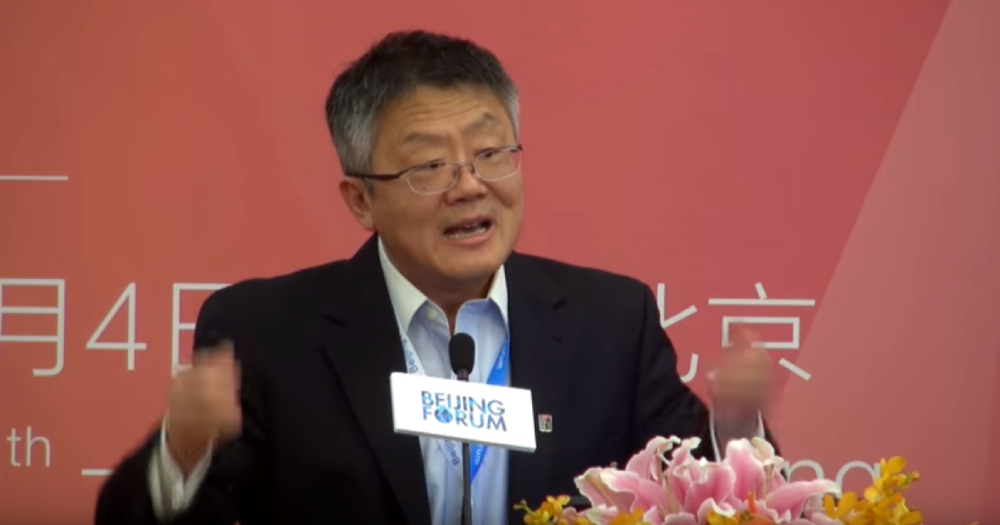Huang Jing, the man identified by Singapore as an agent of influence of a foreign country back in 2017, said he spent a year working in Washington D.C. to "prove" himself.
Worked in the U.S. to prove himself
According to the South China Morning Post (SCMP), the China-born American referred to Washington D.C. as his home and said he "worked the whole year" there to show that he is not what Singapore said he is.
"Right now Singapore has not clarified which foreign country I work with," he said.
"So I wanted to show that at least the U.S. doesn't think I am working for whoever."
Expelled from Singapore
The former professor on U.S.-China relations at the Lee Kuan Yew School of Public Policy (LKYSPP) was suspended and stripped of his Singapore permanent residency after he was found to be an "undesirable immigrant" for engaging in activities that go against Singapore's national interests.
He and his wife were both expelled from the country, and were permanently banned from re-entering.
This is not the first time Huang had denied the allegations levelled against him.
Previously, Huang told SCMP that these allegations were "nonsense".
"No hard feelings against Singapore"
Huang also told SCMP he has "no hard feelings" against Singapore.
"I think they overplayed their hand for whatever reason, but Singapore has treated me very well," he said.
"Thinking back, I made some mistakes, for which I should pay the price," Huang added.
Saying that he is now trying to be "a good scholar" by doing his research and delivering "some public good", Huang also said he understands that Singapore has its "own reasons and interests to take care of".
Huang is currently the dean of the Institute of International and Regional Studies at Beijing Language and Cultural University.
He went to the U.S. in the 1980s and obtained his PhD in government from Harvard University.
Before he joined the LKYSPP, he was a senior fellow at the Brookings Institution, an associate professor in political science at Utah State University, and a lecturer at Harvard University.
Top image via Korea Foundation for Advanced Studies
If you like what you read, follow us on Facebook, Instagram, Twitter and Telegram to get the latest updates.
